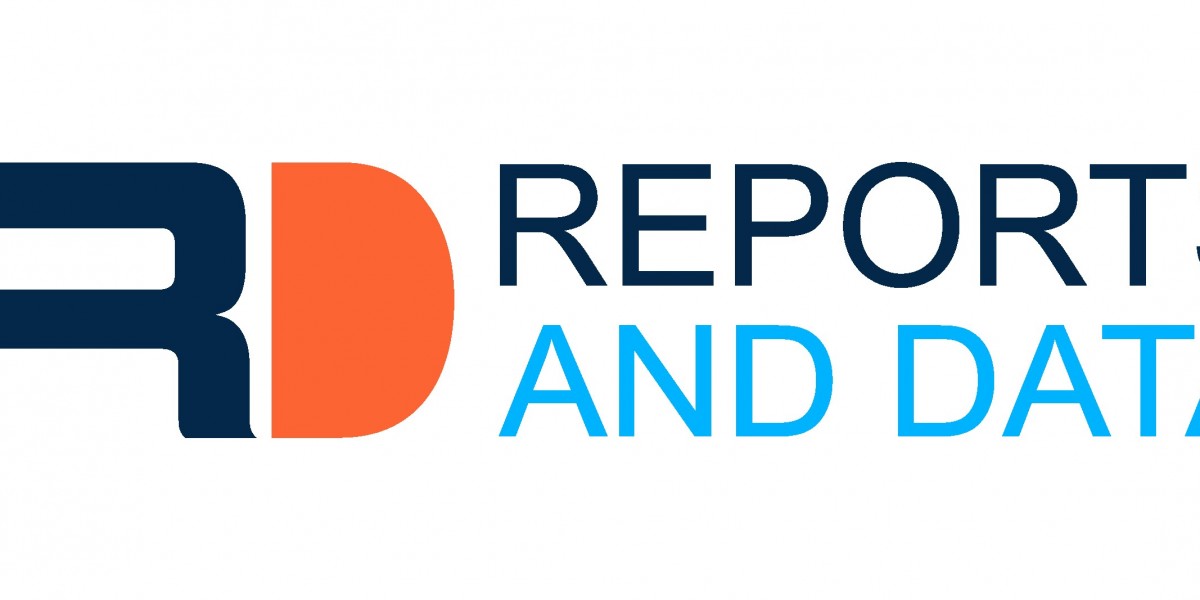Cell Culture Media Industry Overview
The global cell culture media market was valued at an estimated USD 4.73 billion in 2023 and is projected to grow at a robust compound annual growth rate (CAGR) of 12.54% from 2024 to 2030. Cell culture media, typically available as a gel or liquid, contains essential compounds that regulate and support the growth of cells or microorganisms. This is crucial in the manufacturing of biopharmaceuticals, where culture media serves as a key ingredient for fostering cell growth. Within the broader market, cell culture media is recognized as the fastest-growing segment, driven by increasing demand for biopharmaceutical products, supportive government policies, and heightened investments in research and development.
The COVID-19 pandemic significantly increased the demand for established cell-based vaccine production technologies, leading to notable scientific innovations, particularly in vaccine development and testing. For example, the Vero cell line, derived from the African green monkey kidney, has been widely utilized in viral vaccine production and played a pivotal role in the development of SARS-CoV variants. Lonza Bioscience has developed ProVeroTM1 Serum-free Medium, a protein-free, non-animal origin medium, to support the cultivation of Vero cells and MDCK cells, further advancing vaccine manufacturing capabilities.
In addition to its applications in vaccine development, cell culture-produced AAV (adeno-associated virus) vectors have emerged as highly effective tools for protein and gene delivery. These vectors are increasingly used in both vaccine production and gene therapy. Major market players are responding to this growing demand by expanding their production capacities. For instance, in 2021, Sartorius ramped up production across all regions to address rising demand in its core business, alongside the additional requirements for COVID-19 therapeutics and vaccines. The biosimilars market, closely tied to the advancements in cell culture technologies, is also poised for substantial growth in the near future.
Gather more insights about the market drivers, restrains and growth of the Cell Culture Media Market
Regional Insights:
North America Market Overview:
- North America dominated the cell culture media regional market in 2023, holding a significant revenue share of 37.58%.
- The region's leading position is driven by:
- Growth in the pharmaceutical and biotechnology industries, which heavily rely on cell culture technologies.
- Increasing approvals for cell culture-based vaccines, ensuring advancements in healthcare solutions.
- Rising incidence of diseases such as cancer, which amplifies the demand for innovative treatments.
- Significant investments and funding in cell-based research, propelling scientific progress and market expansion.
Asia Pacific Market Growth Potential:
- Asia Pacific is projected to grow at the fastest compound annual growth rate (CAGR) of 14.92% during the forecast period.
- Key factors contributing to this growth include:
- Rising awareness about the benefits and applications of cell culture techniques across the region.
- Strategic activities by leading market players to expand their presence in Asia Pacific countries, capturing a larger market share.
- Increased focus on ensuring the region becomes a hub for biotherapeutic drug development, vaccines, and advanced therapies.
Key Example of Regional Expansion:
- In December 2021, Fujifilm Irvine Scientific, Inc. began constructing a new bioprocessing center in China.
- The facility aims to:
- Support cell culture media optimization.
- Advance the development of biotherapeutic drugs.
- Enhance production capabilities for vaccines and advanced therapies.
- This initiative underscores the importance of strategic investments in Asia Pacific to tap into lucrative market opportunities.
Browse through Grand View Research's Biotechnology Industry Research Reports.
- The global vaccine market size was estimated at USD 76.08 billion in 2023 and is expected to grow at a CAGR of 5.74% from 2024 to 2030.
- The global biosimilars market size was valued at USD 21.8 billion in 2022 and is expected to grow at a compound annual growth rate(CAGR) of 15.9% over the forecast period.
Key Cell Culture Media Company Insights
Key players in cell culture media market are implementing various strategies including partnership, merger and acquisition, geographical expansion, and strategic collaboration to expand their market presence. In July 2023, Merck KGaA invested USD 24.38 million to boost cell culture media production in the U.S. This development expanded the production capacity of the Lenexa facility to manufacture cell culture media.
In September 2023, Celltrion invested USD 94.5 million to construct a facility with an annual production capacity of 8 million vials in Songdo, Incheon. The new development is expected to increase the bioreactor capacity to 600,000 L and will be operational in 2027. In March 2023, Samsung Biologics announced that it would commence the construction of a fifth plant holding a capacity of 180,000 liters. Post completion, Samsung Biologics will maintain its global biomanufacturing capacity leadership with a total of 784,000 liters.
Key Cell Culture Media Companies:
The following are the leading companies in the cell culture media market. These companies collectively hold the largest market share and dictate industry trends.
- Sartorius AG
- Danaher
- Merck KGaA
- Thermo Fisher Scientific, Inc.
- FUJIFILM Corporation
- Lonza
- BD
- STEMCELL Technologies
- Cell Biologics, Inc.
- PromoCell GmbH
Order a free sample PDF of the Cell Culture Media Market Intelligence Study, published by Grand View Research.







